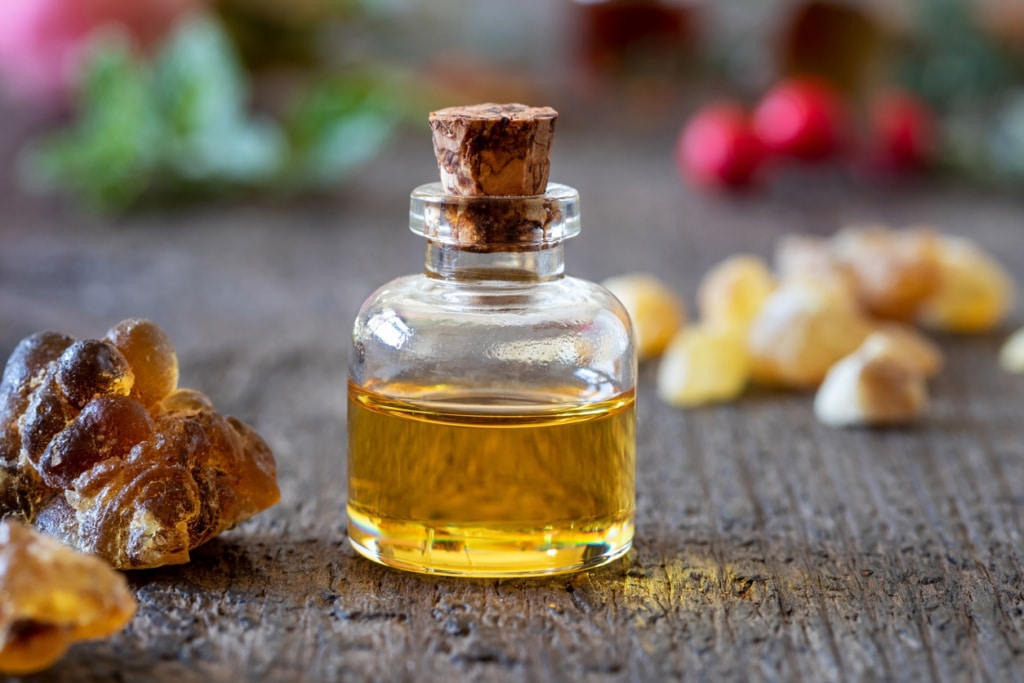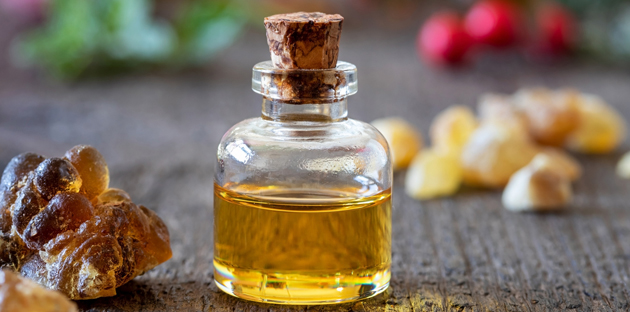I don't know about you, but with the fall energies coming in throughout the Northern Hemisphere, I'm feeling that Autumn inspiration once again to journey deeper into the more mystical teachings of nature and aromatic medicine. I'm also inspired to share with you some insights that have been at the core of my own belief system around plant medicine, aromatics, and healing.
For ages, countless schools of wisdom have strived to bridge the physical realm with that of the spiritual, through the hidden wisdom of the natural world. One of these traditions that's had the most profound effect on countless other philosophical and healing traditions around the world, and has helped sculpt my own plant path in a major way, is Western Alchemy.
If you’re not familiar with this tradition of medicine, healing, and spiritual evolution, it's a profound system that unites science and spirituality. Alchemy is a philosophical art that offers a vast amount of wisdom in all areas of life, specifically in regards to our human/nature relationships. The practicing alchemist is given tools of mindfulness and meditational perspective that can help reveal the hidden dimensions of beauty and wisdom of life, plants, and human nature.
Our sense of smell has always been our mysterious sense. Since the beginning of time, it's been thought of as our 'exalted' sense, being at the heart of many religious and spiritual stories.
Countless esoteric traditions have put thought to the spiritual connection between our sense of smell and aroma. One of the philosophies that’s resonated with me over the course of my plant path is the practice of Alchemy.

The 3 Principles of Alchemy
From the perspective of Alchemy, humans (and plants) consist of 3 core principles. This is the belief that we all have a physical body, a spirit that animates all humans, and a unique soul that defines us and our individual essence. Plants also have a physical body or structure, a universal force, or spirit, that flows through them all, and a unique essence, or soul, that defines them as individuals.
These 3 principles are referred to as Salt, which is the body aspect, Mercury, which is the spirit or life force aspect, and Sulphur, which is the soul aspect—the unique consciousness of a plant. Now though they relate and share the same characteristics, these terms aren’t necessarily pertaining to the physical periodic table elements of salt, mercury, and sulphur. They’re much more philosophical in nature.
The important part of this for the aromatic connoisseur or healer, is that the soul aspect (Sulphur) of a plant is in its essential oils...
In the eyes of ancient Alchemists, essential oils and the aromatic signatures of plants are in fact their soul essence. Therefore, when you inhale the aroma of a plant, you’re entering into direct communion with its soul. And the more intentional and focused you are with this in mind, the more profound your experience with the plant will be, whether your intention is of the spiritual or therapeutic nature.
Learn How to Make Irresistible Incense For
Enjoyment, Healing & Ritual with
✨ The Art of Incense Crafting Ebook ✨
Download Your Free Copy Below

Do you want to learn how to craft your own natural incense? This free eBook covers the essentials of creating incense that burns beautifully and smells divine, exploring its role as an ancient aromatic medicine and sacred ritual tool. Avoid common pitfalls and unlock step-by-step instructions to make incense cones with ease.
Alchemy is all about separation. Parts of the whole are separated in this work and purified through different lab processes before they're brought back together as a more potent and pure substance. At the same time, as the practicing Alchemist, different internal processes of purification, transformation, and spiritual evolution are attained through the work as well, revealing the hidden wisdom of nature, plants, and life.
Alchemy often uses distillation methods, among many others, to separate these three aspects of a plant. Essential oils are first steam distilled from the physical body of a plant. And when making certain medicines like spagyrics, the physical plant body left over after distillation is not disposed of like it often is in herbalism and modern essential oil distillation, because this 'spent charge' still has the spirit of the plant housed within it.
After the Sulphur, or essential oils are distilled from it, the physical plant matter then goes through a fermentation period, where a process called, "giving up the ghost," unfolds. This is where alcohol is produced as the plant matter decays. All plants produce alcohol when fermented. This substance is the universal spirit or the Mercury aspect of plants. This is why alcohol was also referred to as 'spirits' in ancient times, and still is today.
There are many continued processes that happen in the purification of these 3 aspects of plants when making certain medicines like spagyric tinctures. But for the sake of this blog, we only need to concern ourselves with the aromatic, Sulphur aspects of plants, and the process of distillation.

Another interesting point to make is that in ancient times many cultures believed the human soul to reside in the nostrils. Whose to say for sure, but this idea would only feed the belief that to smell a plant’s aroma or medicine is to work on a soul-to-soul level with it. One more thing that adds yet another layer to this teaching is the ancient Hebrew word for spirit, Ruwach, which also means 'to breathe in,' or 'to smell.'
There’s a rich ancient tradition of incense in Isreal reaching back to many Biblical stories of offerings of incense to god, like at Solomon’s temple, for example, with the Ketoret incense offerings. And in the sacred Hebrew traditions, it's believed that the sense of smell is our mystical, exalted sense, with a direct connection from our spirit to God, or the spiritual realms, and to the spirits of the incense or aromatic plants we use.
To put it simply, there are many ancient traditions around the world that tie the spiritual to our sense of smell and to the aroma of plants. The tradition of Alchemy puts it all into perspective in the most beautiful way for me, and I thought I’d share this simple, and powerful teaching with you.
The next time you burn natural incense or smell an essential oil or live plant out in nature, take this thought with you and remember the 3 principles of Alchemy. It can help take your work with plants and people to a new level.

Dive into the ancient world of aromatic plants with the Materia Aromatica ebook, an in-depth guide to the medicinal and therapeutic, spiritual, and aesthetic uses of the world's favorite incense plants. This rare resource offers detailed plant monographs and explores how incense has been used across cultures for healing, ritual, and pleasure.
Article & Video by Evan Sylliaasen

Evan Sylliaasen is the founder of the Northwest School of Aromatic Medicine and Higher Mind Incense. For the past decade his incense company has been a leader in sustainability and conscious sourcing of aromatic plants. As the head instructor of his online school, he teaches aromatherapists, incense lovers, herbalists, and spiritually-minded folks the traditional art of incense crafting, incense as medicine, and the art of wild-harvesting aromatic plants responsibly.
Evan lives with his family in the foothills of the Olympic Mountains of Washington state. He channels his creative passions through writing, photography, wood working, craftsman building, and music. When he’s not working, he’s out in the garden, forest and fields, walking along rivers, beaches, or in the mountains breathing deeply.
© 2020-2021 The Northwest School of Aromatic Medicine. All rights reserved.
*The statements above have not been evaluated by the FDA, and are for educational purposes only. This article is not intended to diagnose, treat, cure, or prevent any disease. This article should not be taken as medical advice. Please consult your physician before you use this information for health purposes.
